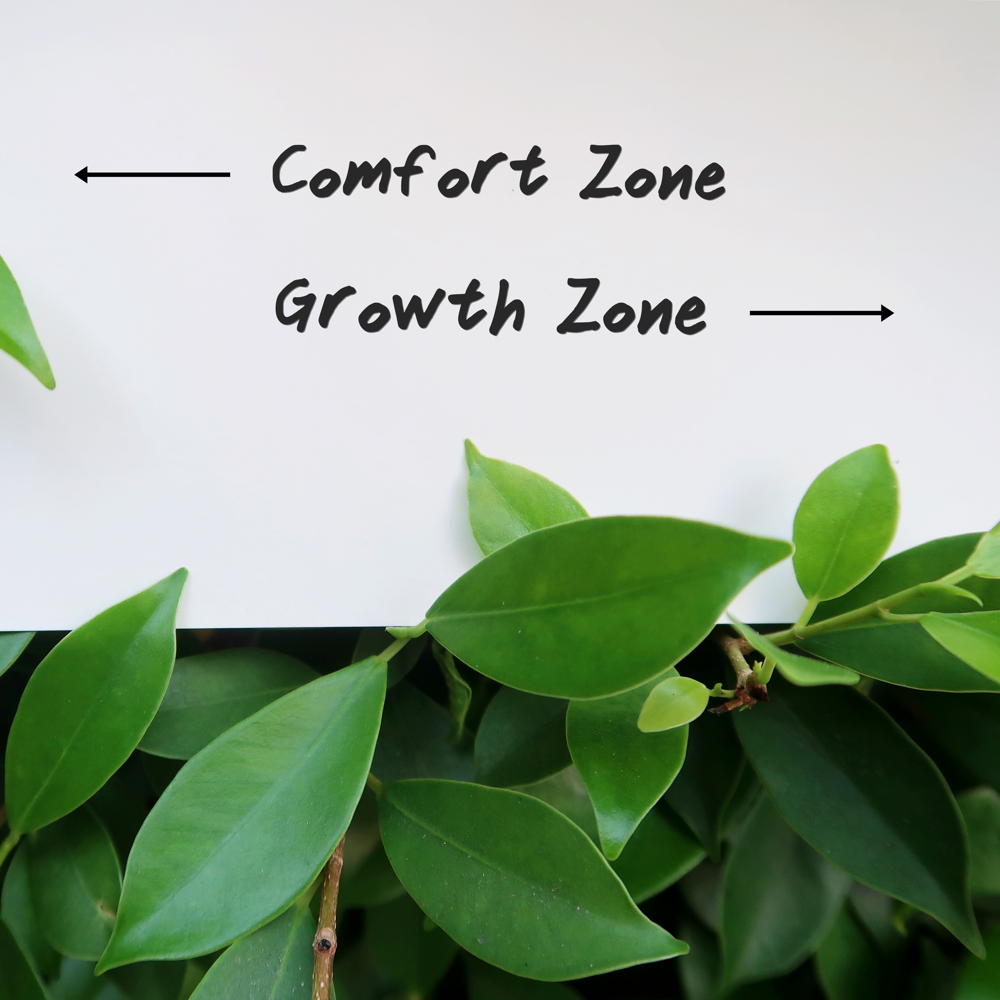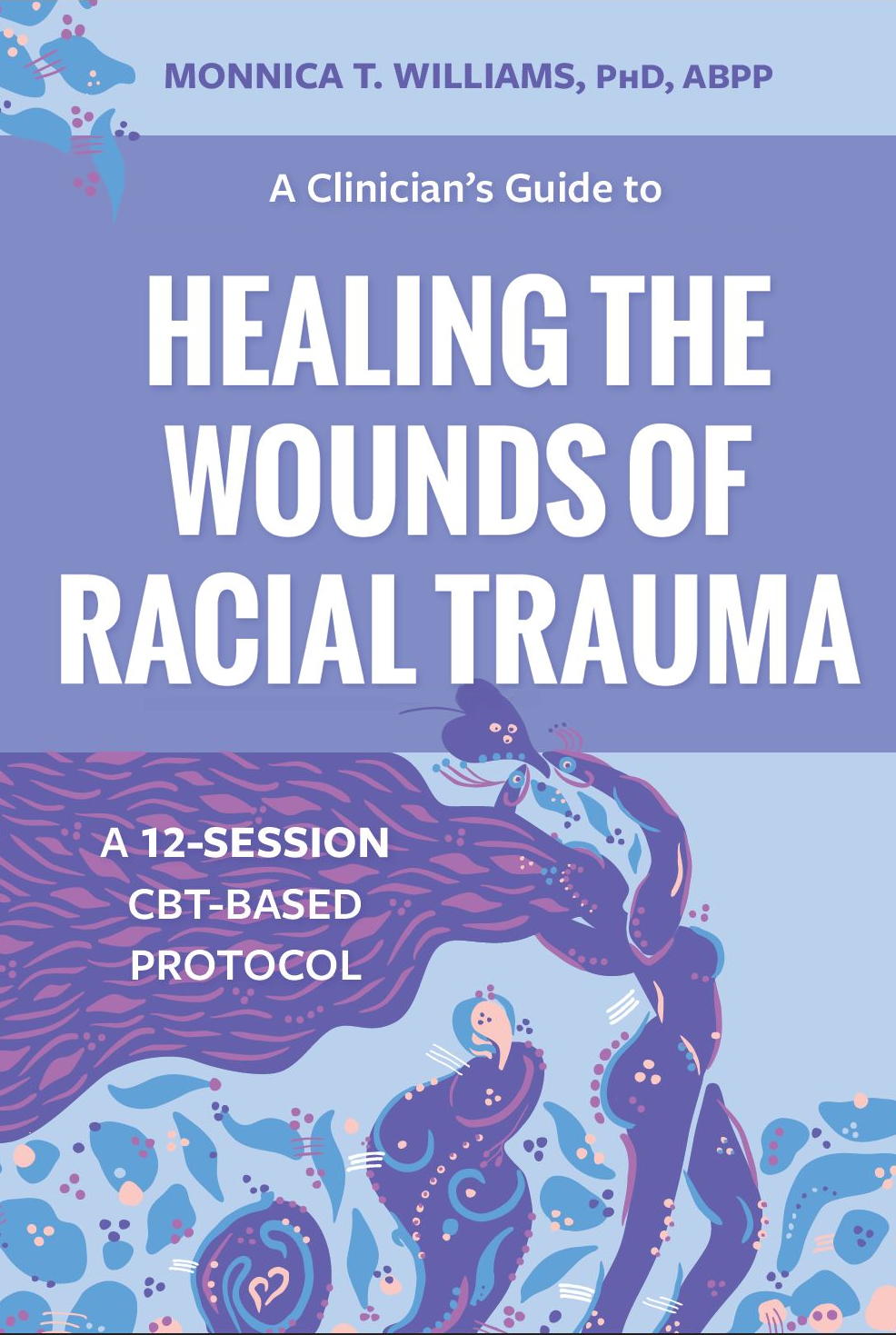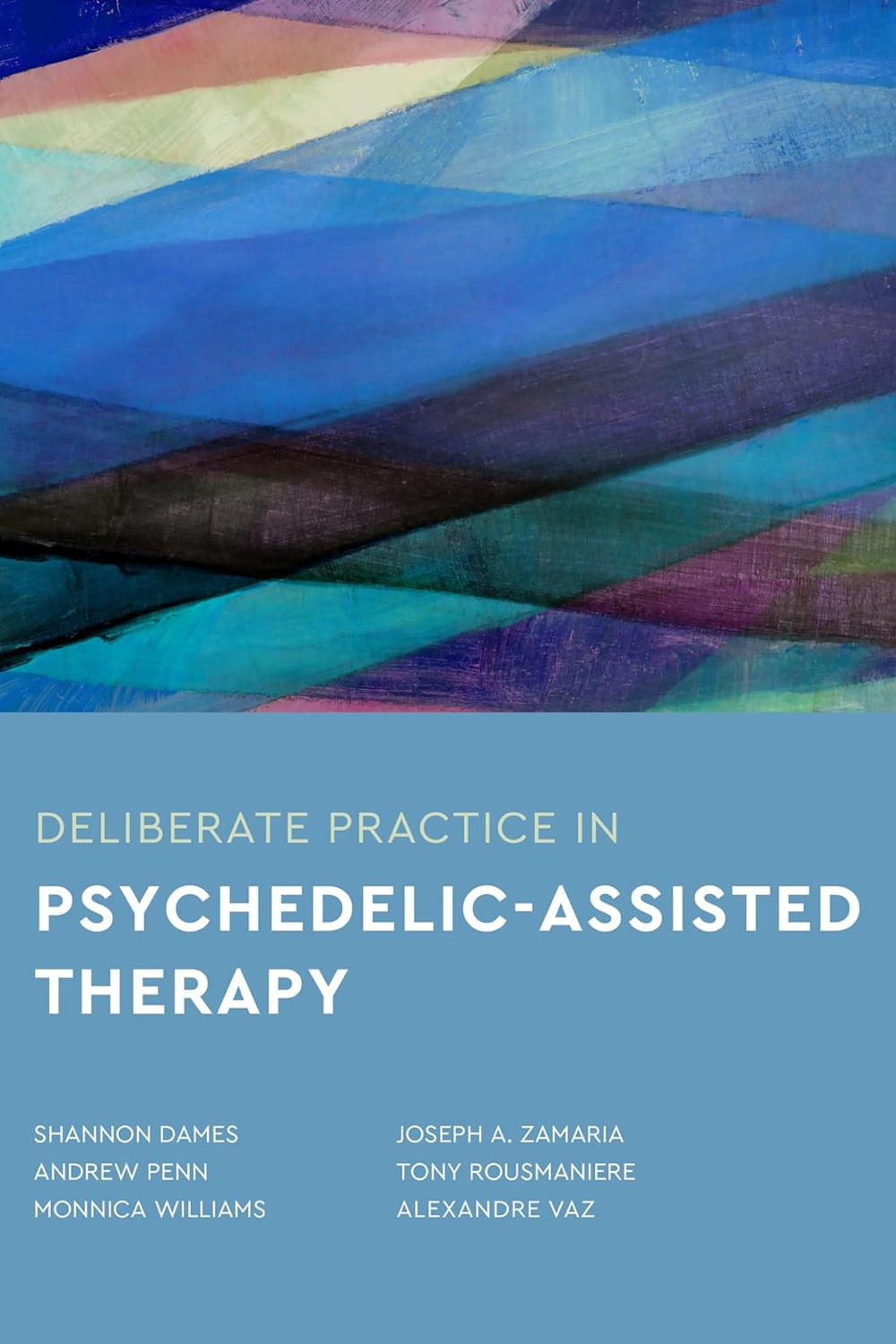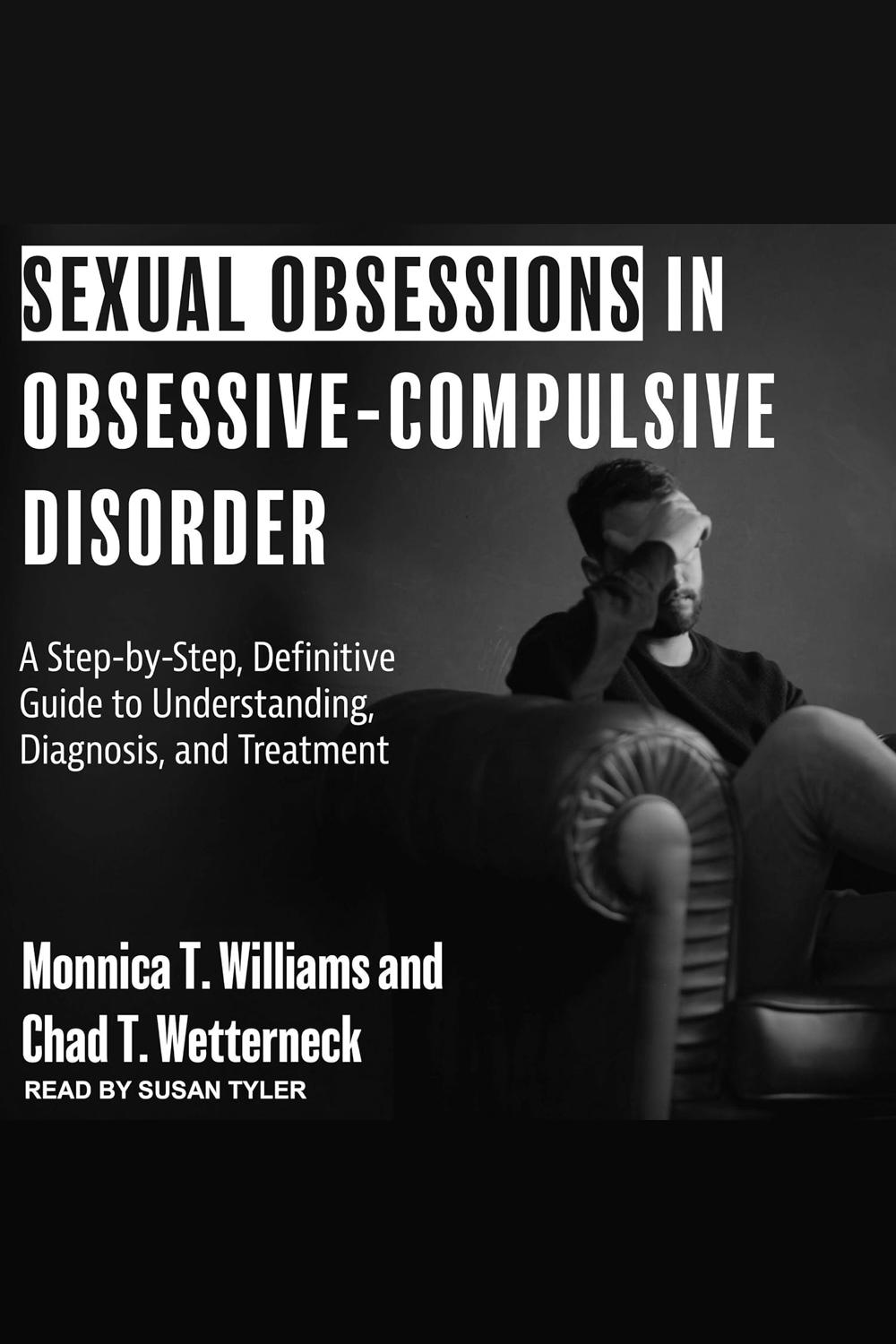Improving Relationships
Courage and skill for deeper emotional connection.
Improving Relationships
Developing courage and skill for greater emotional intimacy.
Dr. Monnica Williams is a certified trainer of Functional Analytic Psychotherapy (FAP).

About Functional Analytic Psychotherapy (FAP)
Personal growth and self-discovery.
Functional Analytic Psychotherapy (FAP) is a unique and innovative approach to psychotherapy that emphasizes the therapeutic relationship and the behaviours of clients during session as a pathway to meaningful change. Unlike traditional therapies that may focus solely on discussing past events or cognitive restructuring, FAP brings the here-and-now experiences between therapist and client to the forefront. This approach operates on the premise that many of our most impactful learning moments occur within interpersonal contexts, and the genuine therapeutic relationship can serve as an effective environment to foster and witness change in real-time.

The FAP Difference
Therapy is a real relationship.
For clients, the inclusion of FAP in their treatment is an exciting prospect. It promotes a more active engagement in the therapeutic process, with opportunities for immediate feedback, deep emotional connection, and meaningful behavioral shifts. This method can result in profound insights and transformative experiences within the safety of the therapeutic container. The immediacy of FAP means that clients don’t just talk about change, but they practice and experience it during sessions.
Applications of Functional Analytic Psychotherapy (FAP)
FAP is a versatile therapeutic approach, and while it's not limited to any specific set of problems, it has been found particularly effective for certain interpersonal and behavioral challenges. Here are some issues where FAP can help:
- Interpersonal Difficulties: FAP is especially tailored to address challenges in relationships, such as difficulty forming or maintaining close relationships, communication problems, or struggles with emotional intimacy.
- Emotional Awareness and Expression: Individuals who find it hard to recognize, express, or manage their emotions can benefit from the in-the-moment feedback that FAP provides.
- Dysfunctional Behavioral Patterns: People who repeatedly engage in self-defeating behaviors or habits that sabotage their own goals can gain insight and make changes through the FAP approach. This includes behaviors like procrastination, passive aggressive behaviors, or self-harm tendencies.
- Social Anxiety and Shyness: Given its focus on the here-and-now interactions, FAP can be instrumental for those struggling with social fears, allowing them to practice new behaviors in the safety of the therapeutic relationship.
- Attachment Issues: Individuals with insecure attachment styles, whether avoidant or anxious, can use the therapeutic relationship in FAP as a way to experience and practice more secure ways of relating.
- Issues of Self-Worth: FAP can aid individuals in recognizing and challenging patterns of low self-esteem and negative self-talk, especially when these patterns emerge within the therapy session itself.
- Chronic Feelings of Loneliness: By emphasizing genuine connection and intimacy in the therapeutic relationship, FAP can offer a corrective emotional experience for those who feel chronically isolated or alone.
- Trauma and Trust Issues: While trauma often requires comprehensive treatment, FAP can be a component of this treatment, helping individuals learn to rebuild trust, eliminate shame, and safely experience vulnerability.
Effectiveness of Treatment
By focusing on the present moment and interpersonal interactions, FAP offers a powerful, direct way to modify old patterns of interacting, helping clients achieve their therapeutic goals and enhance the quality of their relationships outside of therapy. It's worth noting that while FAP can be a primary treatment modality for some individuals, it's also frequently integrated with other therapeutic approaches, such as cognitive-behavioral therapy (CBT) to address a broader range of issues and enhance treatment efficacy of other approaches.
Behavioural Wellness Clinic
554 King Edward Drive, Third Floor
Ottawa, ON, Canada
Phone: (343) 430-3291
392 Merrow Road, Suite E
Tolland, CT 06084, USA
Phone: (860) 830-7838
Get help today – no waiting
Publications about FAP
Miller, A., Williams, M. T., Wetterneck, C. T., Kanter, J., & Tsai, M. (2015). Using functional analytic psychotherapy to improve awareness and connection in racially diverse client-therapist dyads. The Behavior Therapist, 38(6), 150-156.
Wetterneck, C. T., Williams, M. T., Tellawi, G., & Bruce, S. (2016). Treatment of suicide obsessions in obsessive-compulsive disorder with comorbid major depressive disorder. In E. Storch & A. Lewin (Eds.), Clinical Handbook of Obsessive-Compulsive and Related Disorders: A Case-Based Approach to Treating Pediatric and Adult Populations (pp. 431-445). Springer. ISBN: 978-3-319-17138-8.












